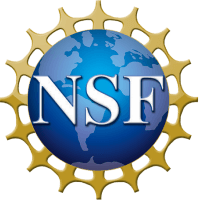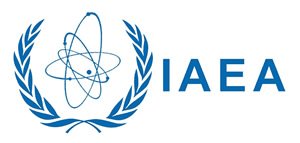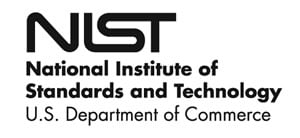RSS feed source: National Science Foundation
Synopsis
The Established Program to Stimulate Competitive Research is designed to fulfill the mandate of the National Science Foundation (NSF) to promote scientific progress nationwide. NSF EPSCoR facilitates the establishment of partnerships among academic institutions, government, industry, and non-profit sectors that are designed to promote sustainable improvements in a jurisdiction’s research infrastructure, Research and Development (R&D) capacity, and R&D competitiveness of EPSCoR-eligible jurisdictions (i.e., states, territories, and commonwealths). Eligibility to participate in the EPSCoR funding opportunities, including the EPSCoR RII: EPSCoR Research Fellows program, is described on the NSF EPSCoR website.
EPSCoR RII: EPSCoR Research Fellows directly aligns with the NSF EPSCoR strategic goal of establishing sustainable Science, Technology, Engineering, and Mathematics (STEM) professional development pathways that advance workforce development and effects engagement in STEM at national and global levels. EPSCoR RII: EPSCoR Research Fellows provides awards to build research capacity in institutions and transform the career
Click this link to continue reading the article on the source website.


